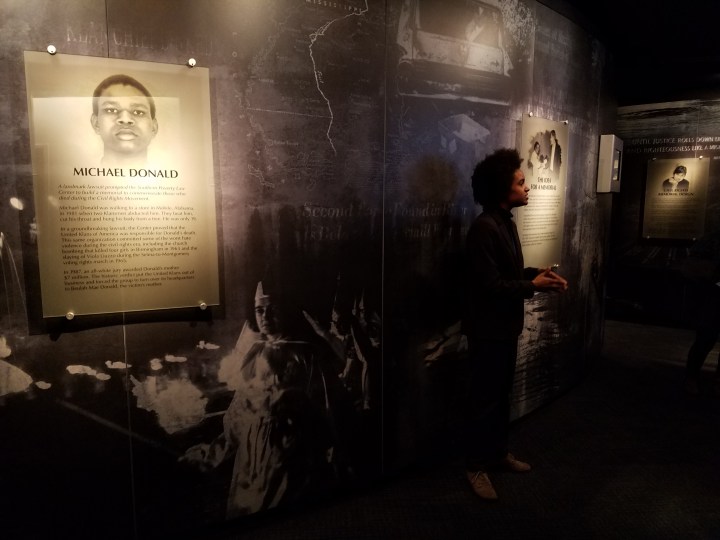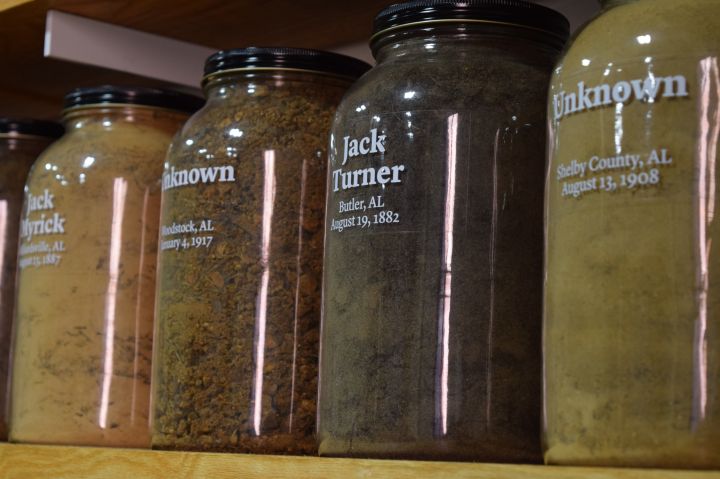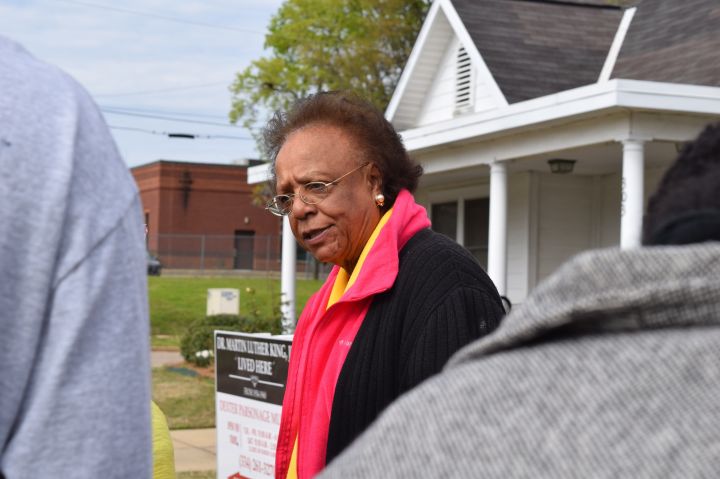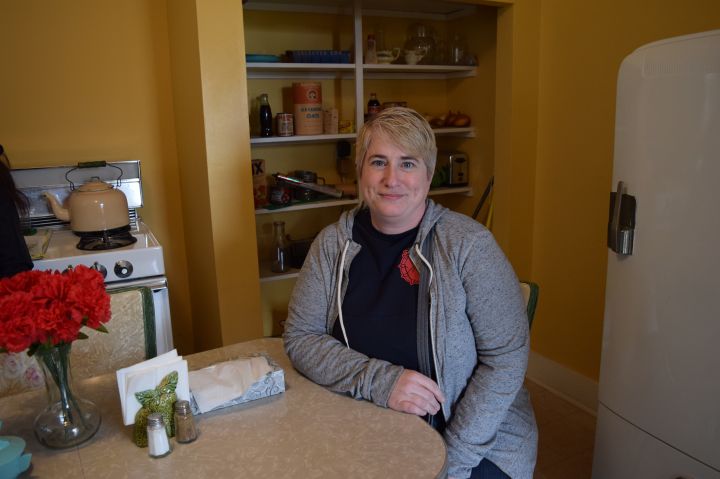by Kate Vanskike
Let me be honest: Until the last decade or so of my life, I haven’t been incredibly interested in history. In high school and in college, it was simply a required class. In the latter, I’m embarrassed to say, history was the one course I nearly failed because I was taking way too many credit hours, working, participating in a musical and volunteering, and that was the class to take the fall. (My French class would have taken a fall too, if it weren’t for my mom doing my homework for me. Better put an ‘s’ on that confession in the headline.)
What’s my point? At age 43, I finally learned about the deep and twisted history of racism in our country. I learned that lynchings didn’t just happen “way back when” – they still occurred in MY lifetime. I learned that the civil rights movement didn’t end in the ‘60s when Lyndon Johnson finally signed the civil rights act a week after Martin Luther King, Jr. died for the cause. I learned that whites in America have continued to mold our history and frame the facts in such a way that they can feel better about themselves while slavery and racism still exist, just under softer terminology. OK, so we aren’t still “owning” people but our supremacy still flourishes while black families continue to teach their children to be cautious around whites.
I had to own up to all of these facts – and more – while spending a week this spring with college students on a trip to Montgomery, Alabama, where we were immersed in the history of our nation’s civil rights movement. Museum after museum after bloody museum called to my attention the horrible realities I missed in those history classes, whether due to my lack of interest or the lack of truth in our written records. In the evenings, the 10 students and two staff members in our group debriefed together – sometimes for two hours or more – processing what we’d seen and sharing our discoveries. Our discussions were academic and intellectual, but mainly painfully personal and vulnerable as we reflected on the natural biases we’ve carried, and ill-informed assumptions we’ve made.
As one student said, “It sucks to be honest with yourself.”
Indeed.
I grew up in a Missouri town, population 711, which had no black families. (Well, there was a black family once in the 20 years I lived there, but they didn’t stay long.) I went to a college that had approximately 10 black students. I moved to Spokane and lived in white neighborhoods and attended white churches. All the while, I learned from our (mostly-white) media about crime rates among blacks, little of it placed into context of the continuing harsh realities for blacks in America. (Consider the criticism of blacks taking to the streets following the deaths of Freddie Gray or Michael Brown.)
I don’t believe I’ve ever knowingly acted racist, but there is no excuse for my ignorance and the ways it has undoubtedly played a part in my thoughts and actions over the years.
And now … I have no excuses.
I have poignant encounters etched into my memory that won’t allow me to continue in ignorance. I have shared the dinner table with a professor who, at the age of 17, was a driver for blacks during the Montgomery bus boycott of the ‘60s. I have linked arms to sing “We Shall Overcome” with men who marched side by side with Martin Luther King, Jr. – men who, by the way, feel our nation’s current situation is worse than it was during that era. I have listened to the barber who cut Dr. King’s hair share stories never recorded in our history books. I have looked deeply into the old, brown eyes of a black man who recalled not having been able to look a white woman in the eye. I have stood inside the home of Dr. King with a black woman who passionately impressed on all us that Dr. King’s greatest legacy was love, even when he answered 20-30 hateful, threatening phone calls daily. I have discovered more about Bloody Sunday and decades of violence against blacks than I wish was necessary, and I have stood by monuments erected for children who were victims of white pride and stupidity. I have also witnessed the fervent hope and faith of the black community intent on trusting the same God who abusive whites claimed to follow (which in and of itself begs further reflection).
I am ignorant no more. And that means I can no longer allow instinctive unjust thoughts to take root in my head. I can no longer assume that the mass incarceration of blacks is legitimate, or that African Americans have the same opportunities as whites, or that the slavery and racism and cruelty of the past has not continued to inflict pain on people today.
What I can and must do now is to continue the education, the discussion, and yes, the vulnerability, that 12 of us experienced during a life-changing week in Montgomery, Alabama. Because the question Dr. King asked more than 50 years ago still needs to be asked today: “Where do we go from here?”









Dear Kate:
Mary just sent me your civil rights tour blog post and it is really moving…he honesty, reflections, and new knowledge. I am also interested in the question posed by Dr. King: “Where do we go from here?” Thanks so much for this–love the combination of the text and photos–and that last one is perfect: you at the Kings’ table–onwards!!
LikeLiked by 1 person
Beautiful, thoughtful and transformative reflection of your trip. Thank you for sharing your story publicly to show how vulnerability can deepen learning. I cried tears of relief because one more person gets the struggles of people of color in an oppressive white privileged world that has dictated who’s history is important. We must continue this conversation on campus as we support the continued efforts of inclusion and equity.
LikeLiked by 1 person
Kate, as a Canadian, I too was largely ignorant of the historical and current reality of racism in America. Now as an American, I wonder how to engage with this reality in my nation and truly make a difference. And, as you say, face and overcome my own embedded prejudices and “instinctive unjust thoughts”. Words like the ones you’ve shared here are an important start; your trip to Alabama sounds like a powerful and revelatory experience.
LikeLiked by 1 person